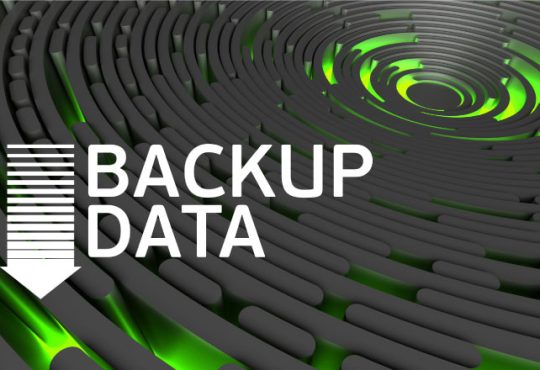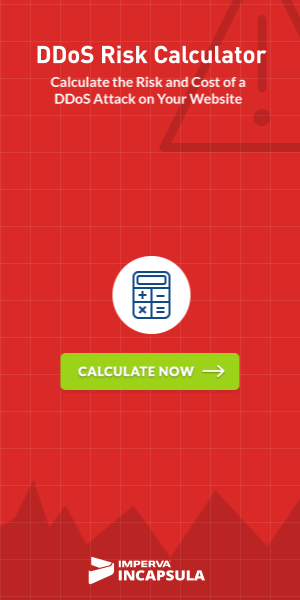
Fundamentals Of Enterprise Cloud ERP
Cloud ERP is considered an enterprise resource planning system that moves on a vendor’s cloud program to an on-premises system, enabling businesses to access the internet. The enterprise cloud erp automates and unites fundamental operational and financial market functions and renders data including order, inventory, and supply chain management, and assists with distribution, production, procurement, and fulfilment.
In that manner, an ERP system must be profoundly available to every industry unit, anywhere employees may be operating and producing a combined and up-to-date design of data. And cloud-based as a service suffices these requirements. Because companies access the software on the internet, and all that’s required is a browser and connection.
Every cloud-based ERP software implements core accounting and financial functionality. And from there, an association determines types of applications and modules to perform depend on its business and specific industry requirement.

Major components Of Cloud ERP
- Funding and accounting
- Customer relationship management (CRM)
- Human capital management (HCM)/ Human resource management
- Inventory management
- Supply chain management
- Procurement
- Project management
- Order management
- Material requirements planning (MRP)
Cloud ERP Theories
It is notable to understand some of the underlying concepts that are linked with cloud ERP when we go deeper into the topic:
- Cloud-based ERP- the enterprise resource planning software, treated offsite, on the ERP vendor’s aid and presented as a service, accessed by a web browser.
- On-premises ERP- locally installed; enterprise resource planning software on a company’s servers and computers and operated by the private and contracted IT team; The software and its supporting infrastructure are stored, maintained, and managed in-house.
- Development strategy- the ERP software can be extended on-premises/on private received servers or bought in an “as a service” form. Cloud ERP functionality delivered more promptly, and however, in both instances’ companies, required to set aside time for planning migration, configuration, data, customisation, and staff training.
- End-to-end security- is typically an encrypted and secured link between the customer and a cloud-based ERP vendor.
- Subscription licensing- the company tends to pay a set subscription charge at a particular time interval to utilise the software.
- Hosted ERP- a hosting provider or a company handles the deployment of enterprise cloud erp software and linked infrastructure. The hosted deployment patterns, often utilised when a company attempts to outsource IT services. Although this setup gives some cloud profits, it’s not a valid “as a service” model.
Enterprise resource planning aid systems can effectively provide enterprise advantages as real-time facts and figures availability, expanded task automation, and advanced visibility.






